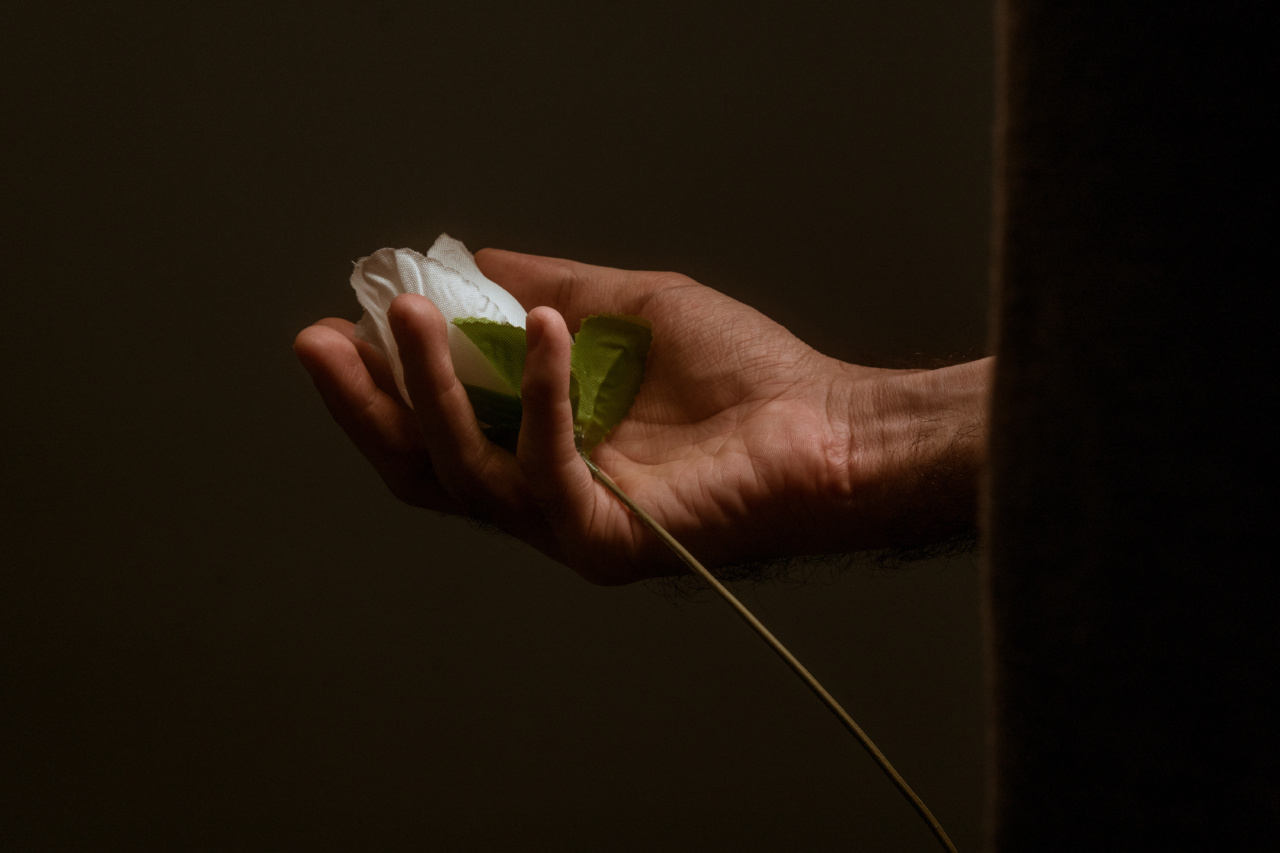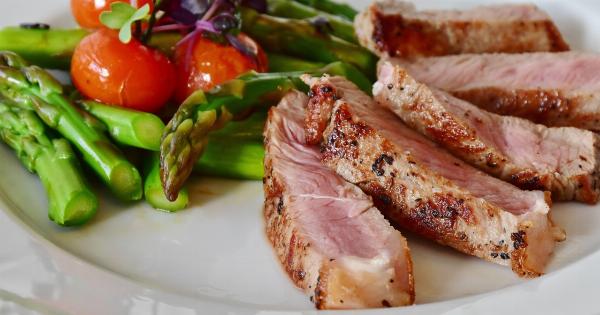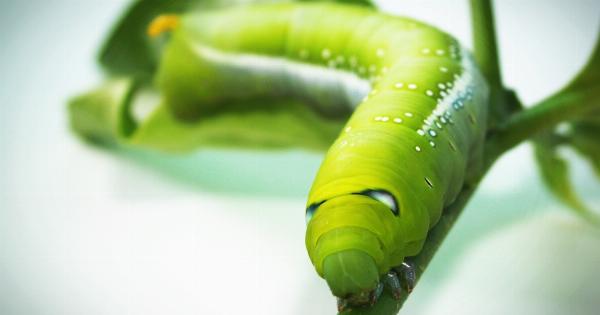Food has a unique way of connecting us to our emotions. With the right ingredients and preparations, food can ignite passion, spice up relationships, and even act as a love potion.
For centuries, people have believed that certain foods have aphrodisiac qualities that can enhance libido and stimulate desire. In this article, we’ll explore the science behind love potions and how food can influence our mood and desires.
What are Aphrodisiacs?
Aphrodisiacs are substances that are believed to enhance sexual desire and performance. These can include foods, drinks, herbs, and even scents.
The term “aphrodisiac” comes from the Greek goddess Aphrodite, who was the goddess of love and sexuality. According to legend, she gave a rose to her lover Adonis, and from that moment on, the rose became a symbol of love and fertility.
While the concept of aphrodisiacs may seem like folklore, there is some scientific evidence to support the idea. Certain foods contain vitamins, minerals, and other compounds that can affect our hormones and increase blood flow to our sexual organs.
Others contain compounds that mimic the effects of sex hormones or create feelings of euphoria.
The Science Behind Love Potions
The science of aphrodisiacs is complex, and there are many different theories about how they work. Some believe that they enhance mood and reduce stress, which can lead to greater sexual desire.
Others believe that they stimulate the production of hormones like testosterone and estrogen, which play a key role in sexual function.
One of the most popular aphrodisiacs is chocolate. Chocolate contains a compound called phenylethylamine, which is believed to mimic the effects of the “feel-good” hormone dopamine.
This can create feelings of pleasure and excitement, and increase blood flow to the sexual organs. Chocolate also contains theobromine and caffeine, which can act as stimulants and increase energy levels.
Another popular aphrodisiac is oysters. Oysters are high in zinc, which is an essential mineral for testosterone production. Zinc also helps to regulate the production of the hormone prolactin, which can lower libido.
Oysters also contain dopamine and phenylethylamine, which can increase pleasure and arousal.
Other popular aphrodisiacs include almonds, avocados, bananas, figs, garlic, ginseng, honey, and strawberries. Almonds are high in vitamin E, which can increase blood flow and stimulate the production of sex hormones.
Avocados contain vitamin B6, which helps to regulate the production of hormones like testosterone and estrogen. Bananas contain bromelain, which can increase libido and improve sexual function. Figs are high in amino acids, which can increase the production of nitric oxide and improve blood flow.
Garlic contains allicin, which can increase blood flow and act as a natural Viagra. Ginseng is believed to enhance libido and improve sexual performance. Honey is high in B vitamins, which can increase testosterone production.
Finally, strawberries contain vitamin C, which is essential for the production of collagen and can improve blood flow.
The Role of Scent
In addition to food, scent can also play a key role in creating feelings of desire and arousal. Certain scents, like lavender, sandalwood, and jasmine, are believed to have aphrodisiac qualities.
Lavender is known for its calming properties and can reduce stress and anxiety, which can improve sexual function. Sandalwood has a warm, woody scent that is believed to increase sexual desire. Jasmine is a sweet, floral scent that can create feelings of euphoria and passion.
Essential oils containing these scents can be used in aromatherapy, massage, and even bath salts to create a sensual and relaxing environment.
Conclusion
While the science behind love potions is still up for debate, there is no denying the powerful influence of food and scent on our mood and desires.
Whether you’re looking to enhance your libido or spice up your relationship, incorporating certain foods and scents into your routine can create a sensual and exciting experience.



























